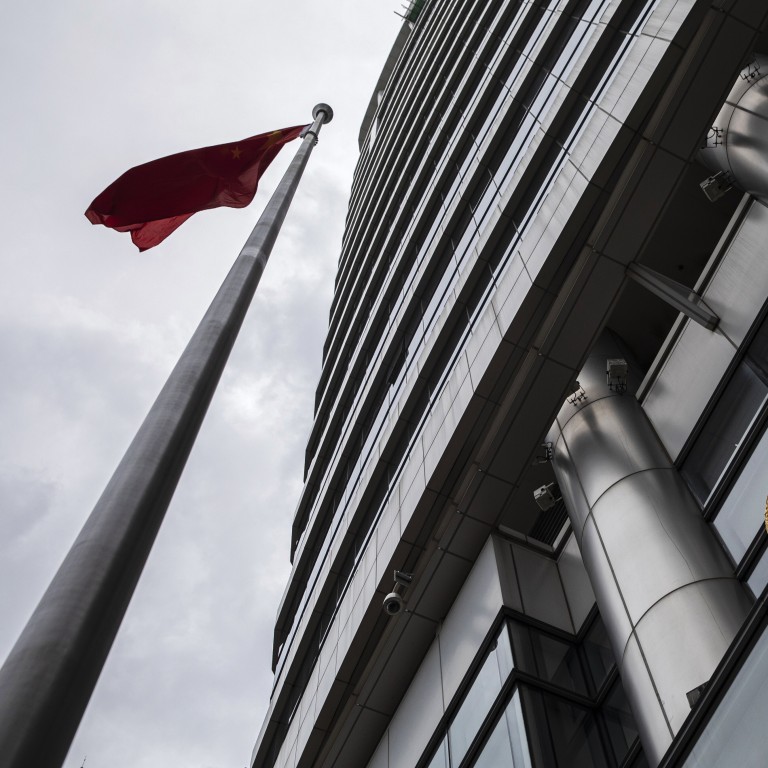
Hong Kong opposition parties warn they could end up not running in elections if races ‘manipulated’ by Beijing under impending electoral reforms
- They also express worry about precedent being set with Beijing emphasising it will take leadership role in reforms to electoral system
- New standards on ‘patriots ruling Hong Kong’, set out by director of Hong Kong and Macau Affairs Office, throw new challenges to opposition camp
Hong Kong’s opposition parties have warned they could end up not running in elections if races are “manipulated” by Beijing under the impending electoral reforms led by the central government with the aim of blocking “non-patriots” from the city’s organs of political power.
They also expressed worry about the precedent being set with Beijing emphasising that it would take the leadership role in the reforms to the city’s electoral system, as announced by Xia Baolong, a top Chinese official overseeing Hong Kong’s affairs.
Such direct intervention could mean future constitutional changes on elections might not then require the current two-thirds majority in the Legislative Council to approve them, they warned.
Pro-establishment heavyweights acknowledged that the changes could pave the way for such an outcome, adding this was essential as it was unlikely the city could reach a consensus on the electoral reforms.
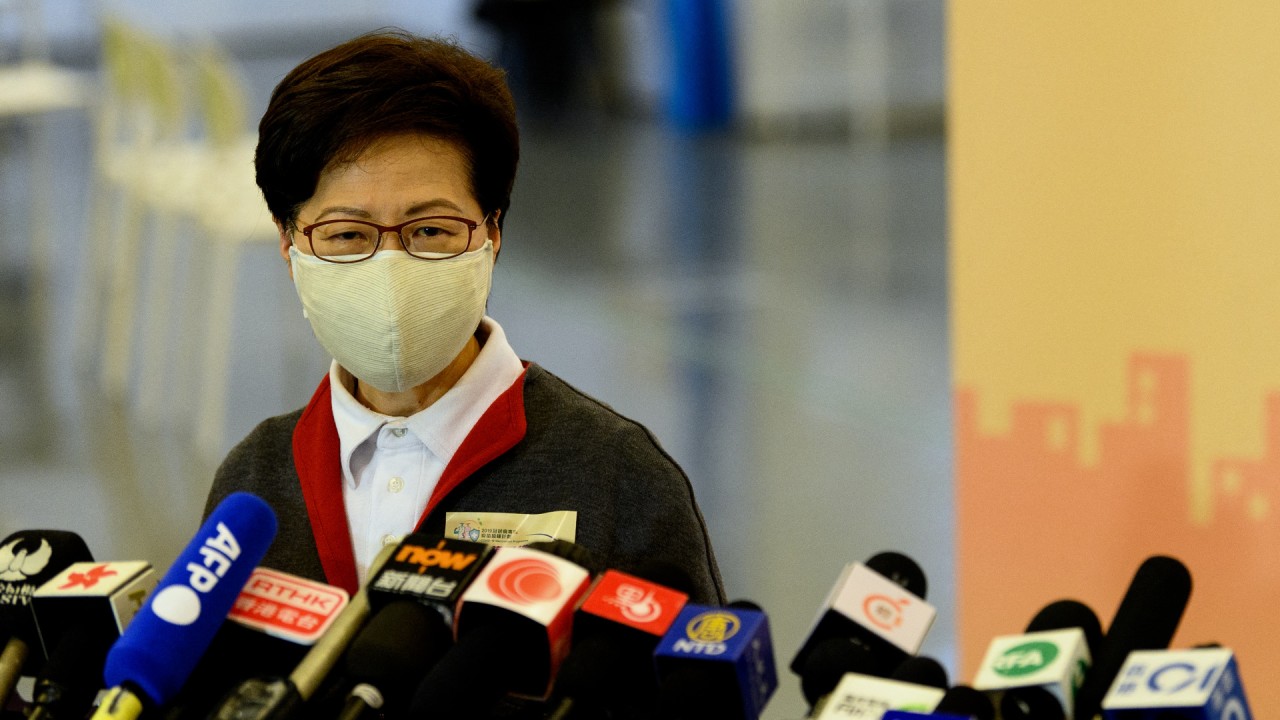
01:32
Electoral system needs to change so patriots rule Hong Kong, Carrie Lam says
The new standards on “patriots ruling Hong Kong”, set out by the State Council’s director of the Hong Kong and Macau Affairs Office in a Beijing forum on Monday, threw new challenges to the city’s opposition camp, already reeling from mass arrests and possible convictions.
‘Patriots’ must hold key roles in Hong Kong government, judiciary: Beijing
Xia warned that effective measures must be put in place to prevent those who “oppose China and undermine the stability of Hong Kong, as well as “agents of anti-China forces” in overseas countries, from taking up positions of political power.
These “unpatriotic” figures, he said, included those who favoured the “mutual destruction” strategy, attacked the central government in a “hysterical” manner, advocated independence, smeared Hong Kong in the international community, begged for foreign sanctions and endangered national security.
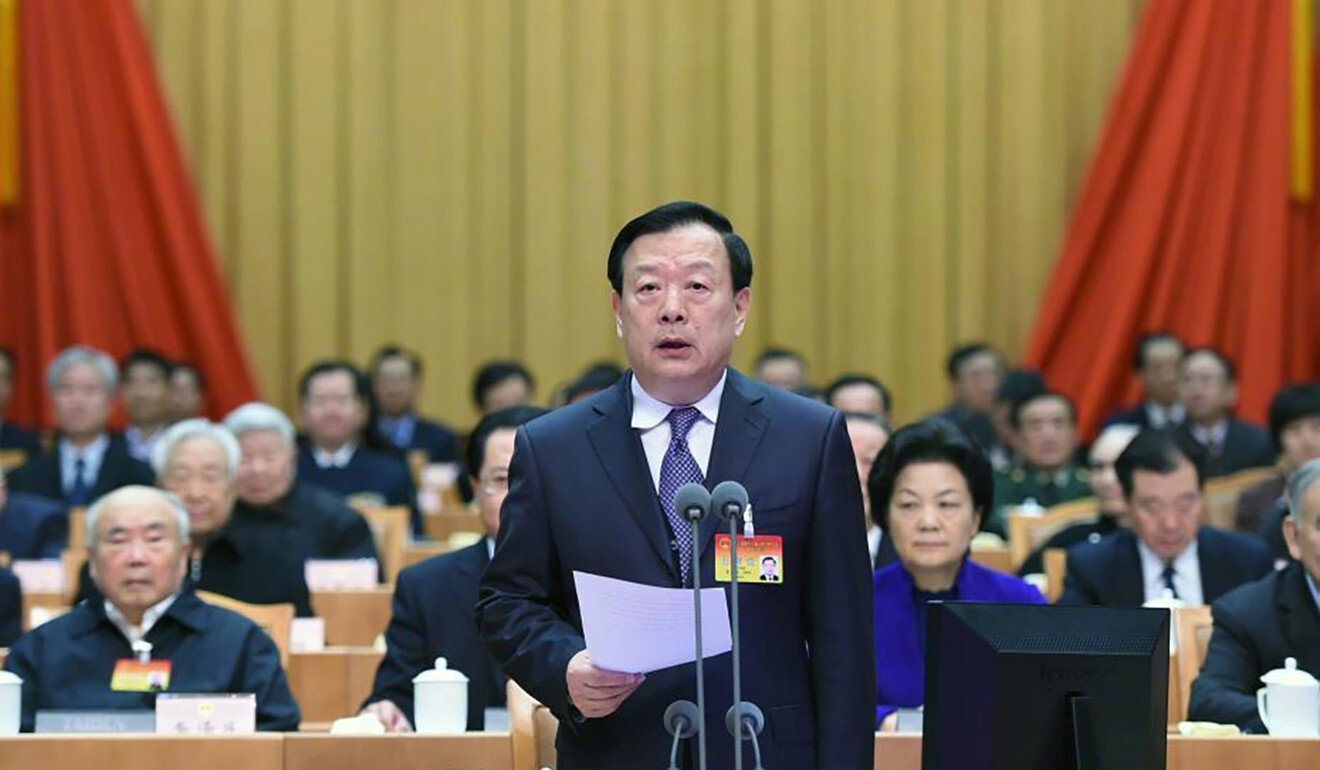
But while Xia cited China’s late paramount leader Deng Xiaoping’s underscoring the need for a city run by patriots, he did not mention the late leader’s more expansive comments on the issue.
“The administrators [in the post-1997 period] will be elected by the people [of Hong Kong]. Some of them should be on the left, but as few as possible. Some should be on the right, and preferably a larger number should be middle-of-the-roaders,” Deng said in October 1984.
“We have a slogan, ‘Long live the great unity of the Chinese nation’. So long as we all stand on the side of the Chinese nation and help safeguard its general interests, all of us, regardless of our different political views and including those who criticise the Communist Party, can unite.”
‘Patriot’ litmus test raises questions over role of foreigners, opposition in city leadership
Civic Party chairman Alan Leong Kah-kit said his party would have “huge reservations” over joining any coming polls if the suggested reforms made election manipulation “too blatant”.
“If elections are no longer open and fair to a point that there will be no room for us to properly serve the general public in Hong Kong, we won’t join the window dressing ritual but will contribute to society in other ways,” he said.
Democratic Party chairman Lo Kin-hei said his colleagues would observe how those definitions would be institutionalised in the electoral system before deciding whether to run in elections.
The city’s traditional opposition parties lost out to localist challengers in an unofficial contest last July to determine who should run in the September Legco election before it was later postponed. A total of 55 activists, who took part or helped organise the polls, were arrested in January under the Beijing-imposed national security law.
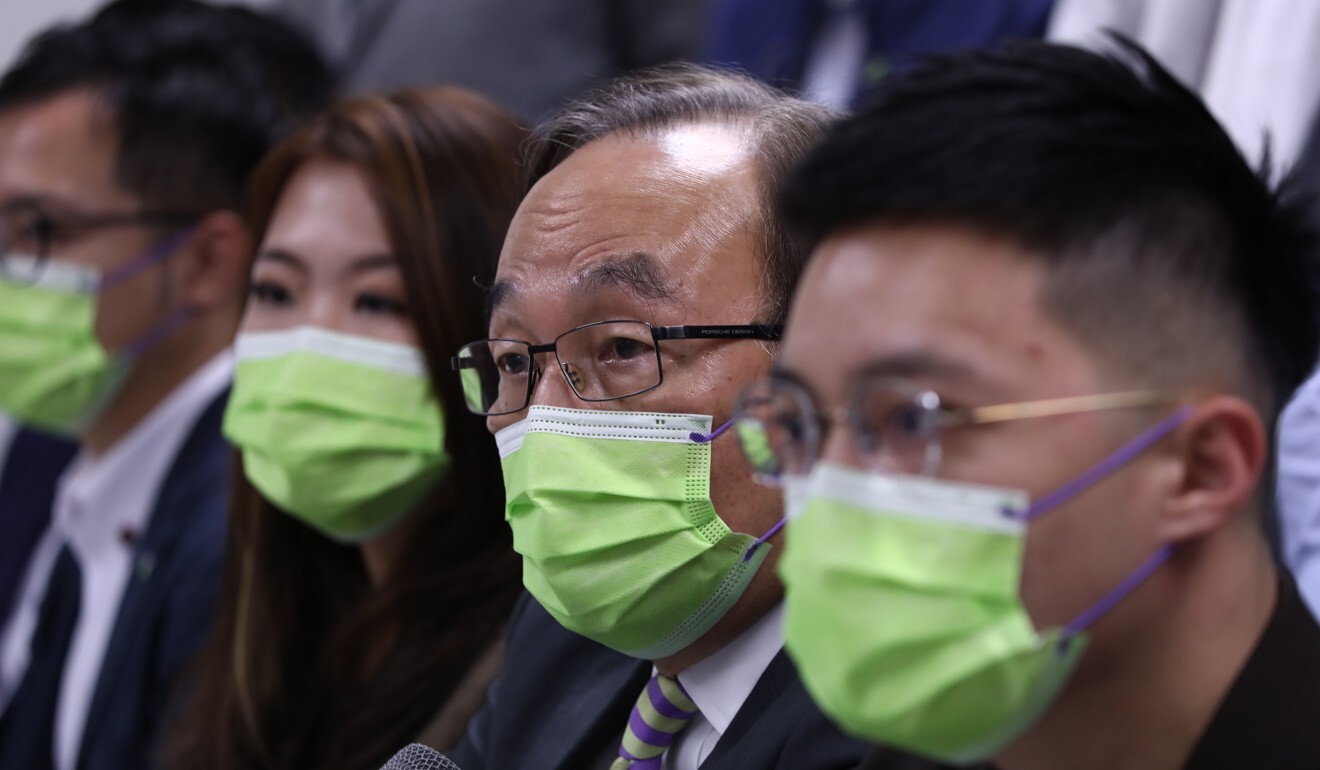
Localist district councillor Fergus Leung Fong-wai, who won the unofficial primary last July, said he would not stand for election at any level under the new framework, believing Beijing’s underlying long-run goal would be to wipe out the opposition camp.
“It’s not just about my personal risk under the draconian security law. I don’t see any meaning in taking part in an election which will allow officials to disqualify us arbitrarily,” he said.
From an internal assessment by Hong Kong officials who handled electoral matters, there was a chance that September’s Legco elections, already postponed for a year, could be further delayed to “allow sufficient time” for comprehensive amendments to local electoral laws, a government source said.
In explaining a potential timeline, the source added that officials could only start drafting amendments after Beijing set the tone following the end of its annual plenary meetings in mid-March, while Legco would begin its summer recess in July.
Dr Cheung Chor-yung, a political scientist at City University, expected there would be very little room for most opposition politicians to stand for election as it was hard for them to be considered as “patriots”.
“I believe the way out will be more and more narrow for the opposition camp in the future,” he said.
“It is also hard to say whether those [opposition figures] who are qualified will choose to participate in the election. What we can do is to wait and see how it goes.”
While Xia stopped short of spelling out concrete reform proposals, a source from the pro-establishment camp said one of the leading proposals was to break down the five geographical constituencies into smaller ones for the Legislative Council polls, which they believed would make it harder for the more radical candidates to win.
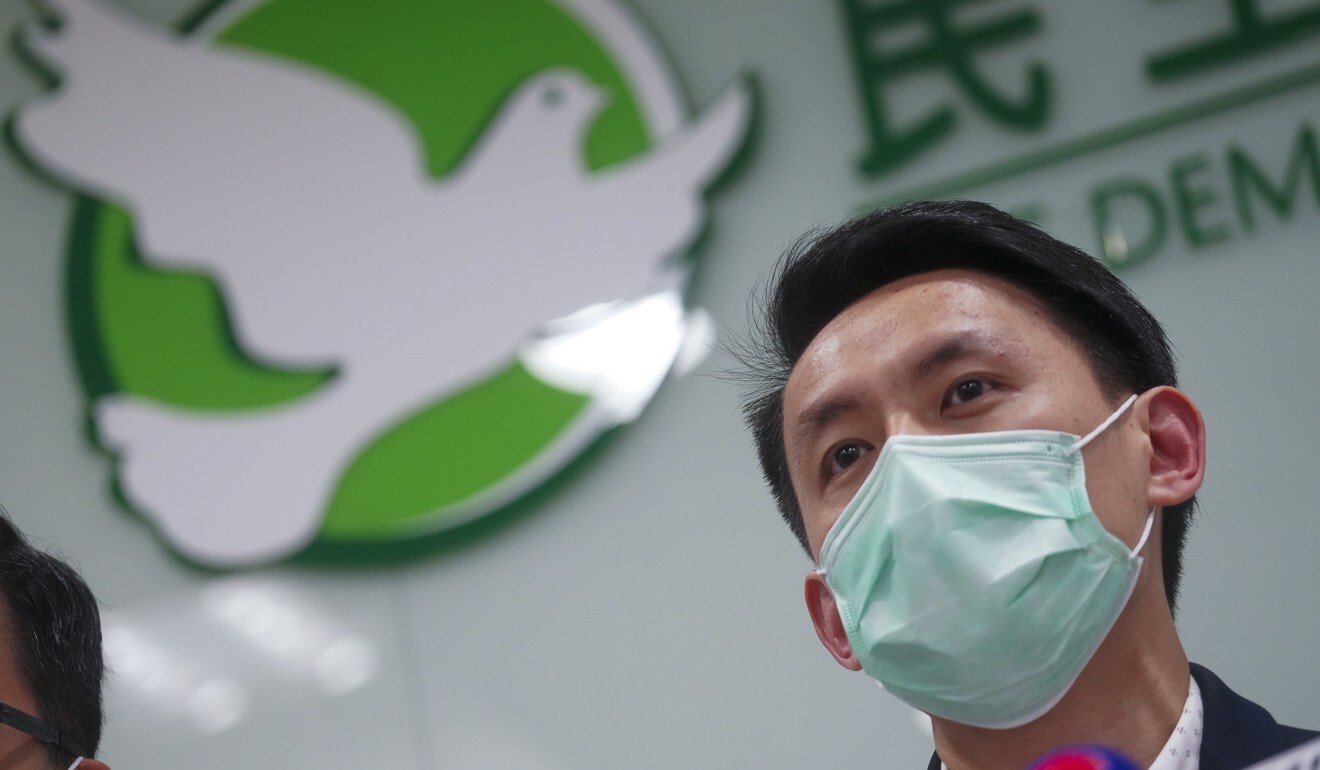
“Breaking down the geographical constituencies will not ensure the victory of the pro-establishment candidates, but we believe it will weed out the most radical forces,” the source said.
Under the current proportional representation mechanism, having a small but fervent support base is enough to win a seat even if a candidate goes against the majority view.
In the 2016 polls, localist candidate Yau Wai-ching, who was eventually unseated over the oath-taking row, won an entrance ticket to the legislature after securing 20,643 votes – or 7.3 per cent of the turnout – in Kowloon West constituency.
Executive Council member Ronny Tong Ka-wah, a former Civic Party lawmaker, did not believe Beijing intended to “kick all pan-democrats out” from the organs of political power.
Hong Kong legal body urges greater clarity over proposed immigration changes
He urged pan-democrats to “come clean with their political positions” to sustain their careers, as he saw that some chose not to distance themselves from radical anti-China forces.
Meanwhile, the opposition bloc also slammed Beijing for taking away the local government’s right to initiate constitutional reforms after Xia emphasised the central government would lead the proposed revamp.
Beijing loyalist Lau Siu-kai, vice-president of the Chinese Association of Hong Kong and Macau Studies think tank which organised the webinar, said the central government was likely to skip the so-called five-step procedure in the coming electoral reforms and resort to a one-step process instead. The local government’s only role would be to follow and implement the reforms after the National People’s Congress Standing Committee (NPCSC), the country’s top legislative body, proposed the amendments.
“The central government does not believe that Hong Kong can come up with any consensus on the electoral reform process,” Lau said.
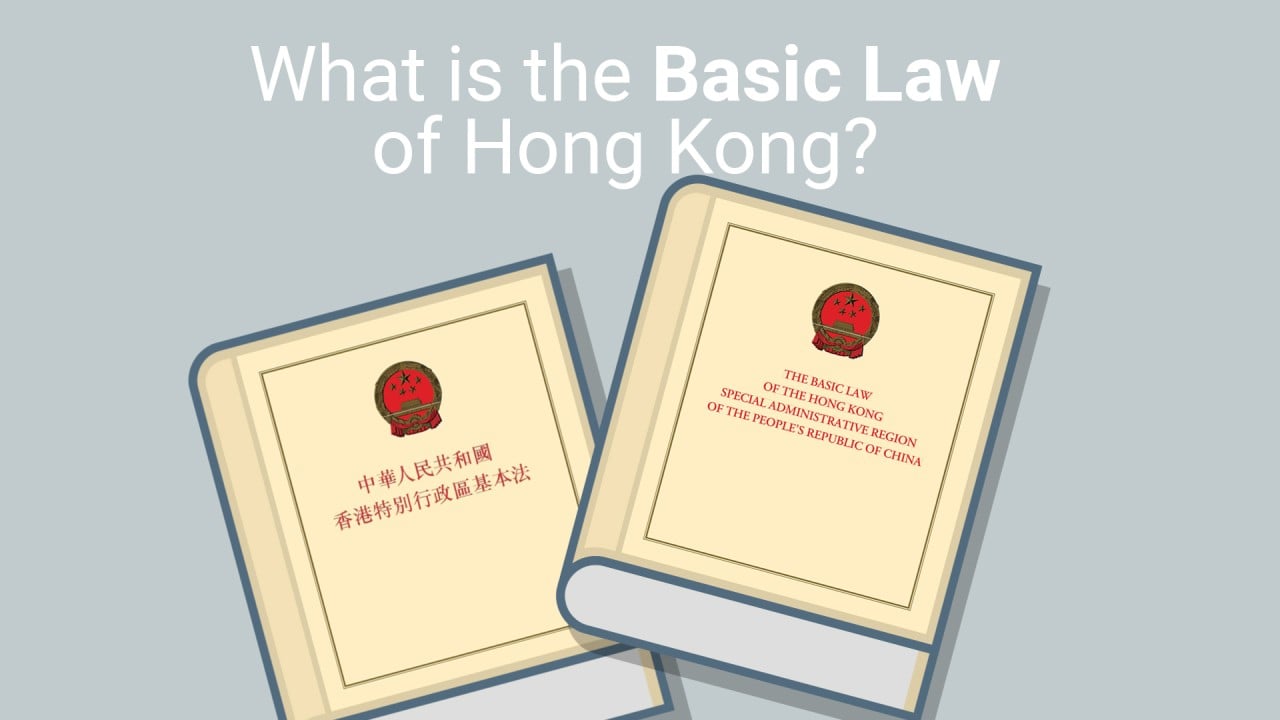
02:31
What is the Basic Law of Hong Kong?
A think tank member, who was present at the webinar on Monday morning, also quoted former liaison office legal affairs director Wang Zhenmin as saying the “one-step approach” would be a workable way to fix the problem.
Basic Law Committee member Priscilla Leung Mei-fun pointed out that if the reforms were initiated by the NPCSC, a simple majority in Legco would suffice to pass the local legislation following Beijing‘s resolution.
Leong, of the Civic Party, said: “It has been clear that it should be the chief executive to report the need of amendments to Beijing as the first step of reforms. [Xia’s] remarks entirely deviated from the existing procedure.”
The Post earlier reported that Beijing was mulling a drastic overhaul of the Election Committee that chooses the chief executive by scrapping all 117 seats likely to be controlled by opposition district councillors to quash their influence in the 2022 leadership race.
Sources had said the proposals could be placed on the agenda of a meeting of the NPCSC last December. The measures would be further scrutinised at the National People Congress’ next plenary session, which is due to start on March 5.




